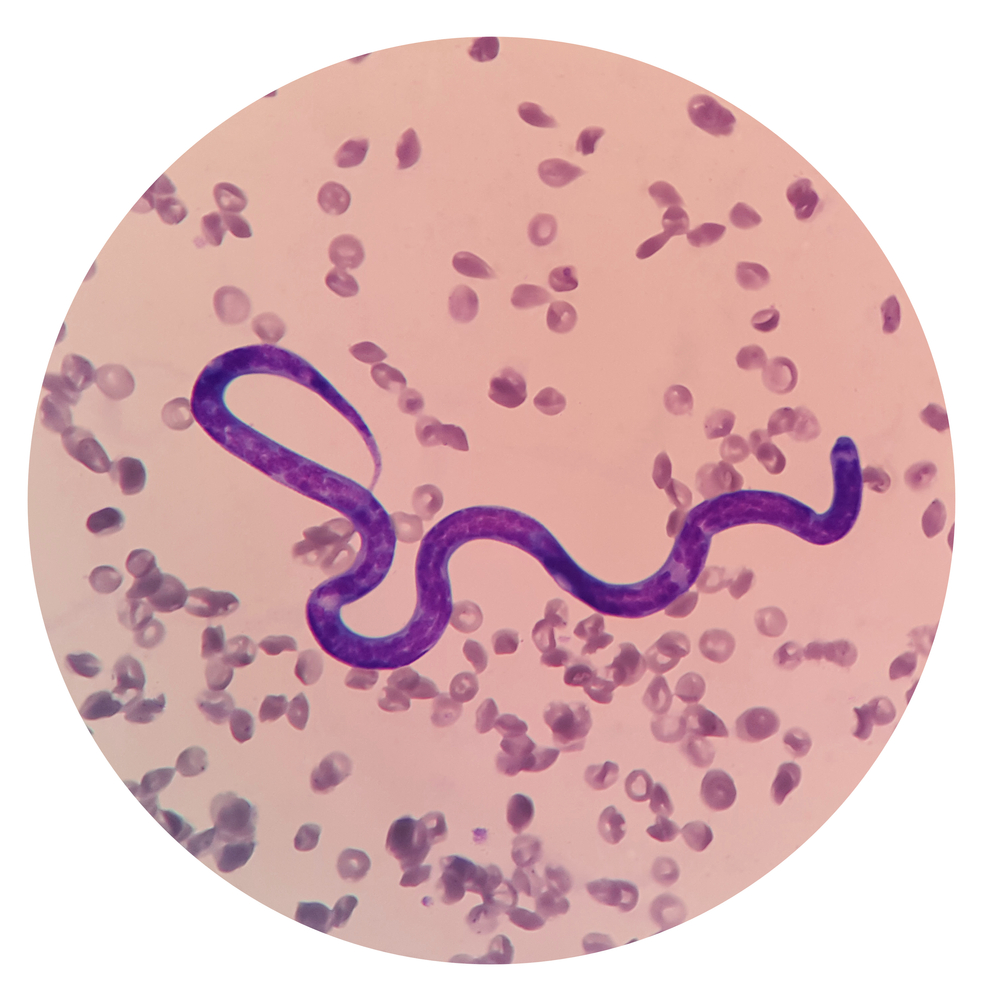Heartworm disease poses a significant threat to pets, particularly dogs, but cats can also be affected. Heartworm disease results when parasitic worms are transmitted to your pet through mosquito bites and, over time, the worms damage the heart and pulmonary system, which can threaten your pet’s life. Knowing how to protect your pet from heartworm disease is crucial, as treatment can be challenging, painful, costly, and distressing for you and your furry friend. Our Twin Maples Veterinary Hospital team offers five effective measures that will safeguard your pet from the devastation of heartworm disease.
#1: Educate yourself about heartworm disease in pets
Knowledge is critical for understanding the dangers of heartworm disease, which is caused by Dirofilaria immitis, a parasitic worm. When the mosquito bites your pet, they transmit larvae (i.e., microfilariae), which mature into adult heartworms in six to seven months. Adult heartworms can grow up to a foot long and live up to seven years, all the time damaging your pet’s organs. Heartworm disease signs can be subtle in the early stages and only arise when the disease is advanced. Signs in dogs may include:
- Soft, dry cough
- Fatigue
- Disinterest in activities
- Difficulty breathing
- Lack of appetite
- Weight loss
- Extended abdomen
- Fainting or collapse
Cats are atypical heartworm hosts, meaning the larvae cannot complete their life cycle in their bodies, but the parasites can still cause significant health problems. Staying informed about heartworm disease and prevention is imperative for your feline friend’s protection.
#2: Keep your pet on monthly prevention medication
Prevention medicine is the most effective tool for your pet’s health and well-being. Heartworm prevention entails administering a monthly veterinarian-prescribed medication that comes in various forms, including chewable tablets, topical treatments, and injections. The preventives work by killing the heartworm larvae before they mature into adult worms. Most pets prefer a chewable preventive that is flavored and resembles a treat.
#3: Schedule regular wellness exams for your pet
Your pet needs regular veterinary exams to monitor their health, and during these visits, our Twin Maples Veterinary Hospital team will assess your pet’s heartworm disease risk based on factors such as geographical location, climate, and lifestyle. Our routine exams include heartworm and other parasitic illness screenings, ensuring that we will detect heartworm disease in your pet in the early stages. Regular veterinary visits also allow you to ask additional questions about heartworm disease and the most effective prevention plan for your furry pal.
#4: Use mosquito control to protect your pet

Because mosquitoes are the primary vectors for transmitting heartworms to pets, minimizing your pet’s exposure can significantly reduce their risk of disease. Use only mosquito repellents specifically formulated for pets—Citronella, for example, can be poisonous to pets, so be cautious about the products you use. Additionally, drain all standing water sources, such as pet bowls, water features, or bird baths, and cut down weeds and tall grasses to discourage prime mosquito habitats.
#5: Strategize your pet’s outdoor time
Allowing your pet to roam freely outdoors, especially during peak mosquito hours, increases their likelihood of encountering infected mosquitoes. To mitigate this risk, keep your pet indoors during dawn and dusk. If you take your pet camping, hiking, or swimming, consult with our veterinary team for our recommendations for mosquito and other parasite control.
Heartworm disease is a serious yet preventable condition that can have devastating consequences for your pet. However, you can significantly reduce their risk by administering monthly preventives, scheduling regular veterinary exams, and minimizing their mosquito exposure. Also, remember—heartworm disease is a year-round problem, so you must maintain your pet’s prevention regimen throughout the year.
Get your pet started on heartworm prevention by calling our Twin Maples Veterinary Hospital team. We will customize their prevention plan and protect them from this serious disease.









Leave A Comment